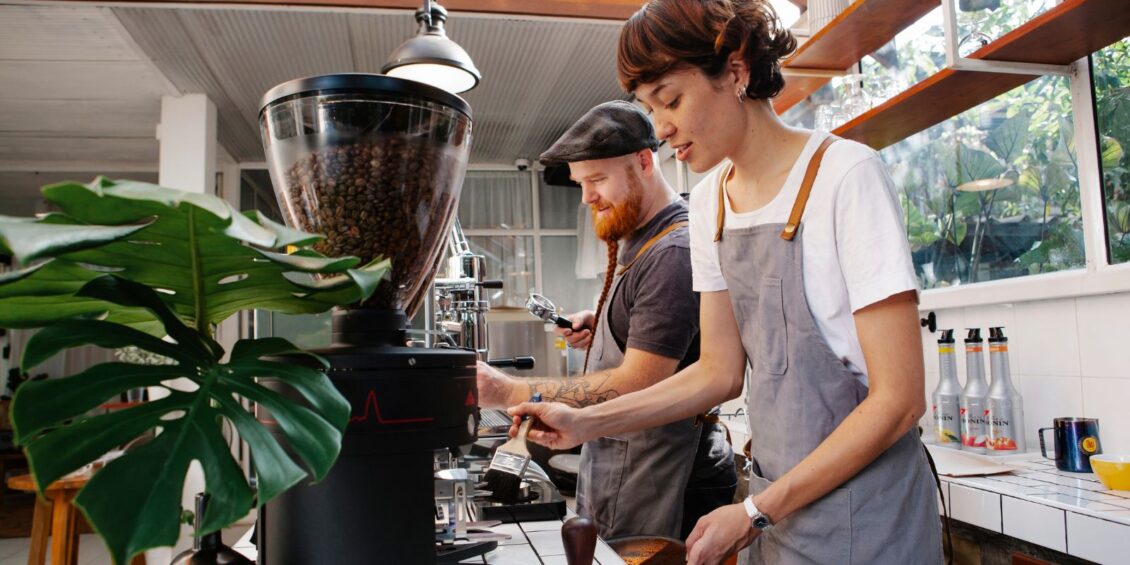The time students spend in part-time work has increased on average by 154%, with the average student working 46.39 hours per month, up from 18.3 hours per month in 2023 as revealed by the NatWest Student Living Index. Students in Salford, Ormskirk and Derby spend the most hours in part-time work, each averaging more than 60 hours a month.
The NatWest Student Living Index surveyed, 6,186 students to determine the most affordable place to study. The survey considers a range of factors, including how much students spend going out and the income they earn from part-time work.
Belfast is the most affordable place in the UK for students to live, The index takes account of the average monthly living and accommodation costs divided by average monthly income (excluding student loan), to calculate a score for university towns and cities across the UK.
Rents have increased again this year, and faster than inflation, with an average increase of 17%. The national average monthly rent for students now stands at £689.43. London is the most expensive city in the UK for students to rent, with an average cost of £1,031.60 per month, up 23% from 2023.
Household bills have jumped to the second biggest spend for students, overtaking supermarket spending. Household bills have increased by 358%, costing students on average £157.78 per month, up from £34.48 per month in the previous academic year.
Students in this city spend the least on takeaways at £32 per month and have the cheapest household bills at £57 per month. Supermarket spending was also second lowest, at £100. However, those in Belfast had the fourth highest average cost of a night out, at £55.
In contrast, Lincoln is the least affordable student city, taking Edinburgh’s spot from 2023.
The average cost of a pint has increased by 6% this year, and London continues to be the most expensive, with students in the capital expecting to pay £5.74 per drink, and 21% often paying between £7 and £8. This contrasts with Lancaster, which continues to be the cheapest location for a cold one, where students can expect to pay £4.17, this is the first time the cheapest pint has exceeded £4 in the Student Living Index.
More than half of students (52%) have found themselves running out of money by the end of term – up from 46% in 2023. Only a fifth (19%) of students are confident in their money management.
This year’s most popular student activity is having a night in without alcohol, with almost two-thirds (61%) of students doing this at least once a fortnight.
More than four fifths (81%) of students take steps to budget their finances, with 93% saying they had made changes to their lifestyle in order to live within their budgets.
The most common cuts students have made to live within their budgets over the last academic year include online shopping (59%), nights out (55%), the number of meals eaten each day (38%) and cancelling subscriptions (22%).
Social media has played a huge role in student’s lives this year, with 73% having been influenced to make a purchase after seeing it online. Clothes/fashion was the most popular purchase (50%), followed by skincare and makeup products (42%) and hair care products (27%).
Jaimala Patel, Head of NatWest Student Accounts, said: “Students are proactively making changes to increase their income, through part-time work and reducing spending when socialising with friends. This highlights the impact everyday spending is having on student finances, and the measures they are going to mitigate the effects, a positive sign that students are feeling more comfortable in budgeting than in previous years. We provide a range of tools to help students, including spend categorisation in our mobile app and a Round Ups tool to help develop a strong savings habit.”









Leave a Reply
View Comments